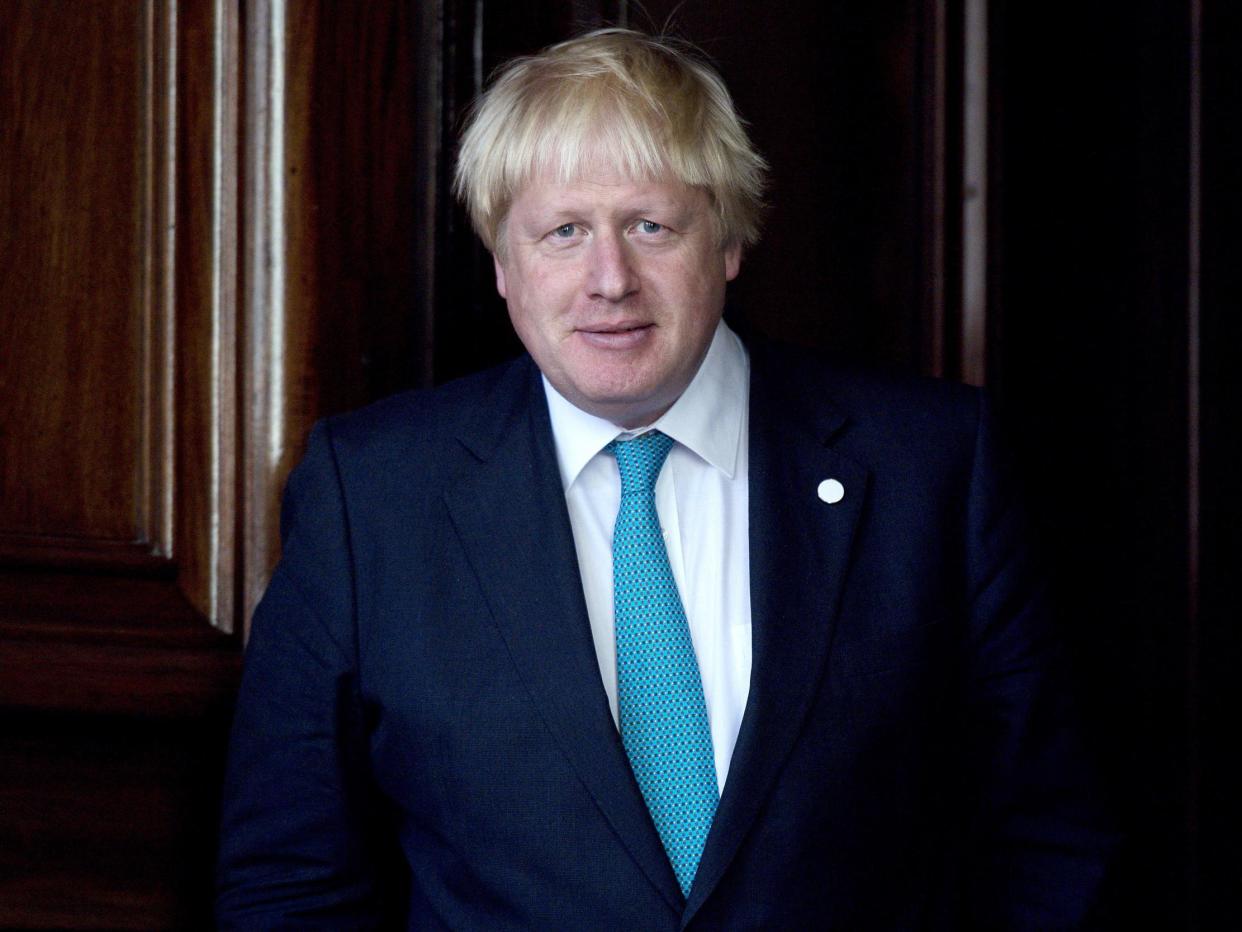Boris Johnson has made today's Women's March more necessary than ever

Three years ago, in the largest protest in American history, millions took to the streets to express their fury at the inauguration of an arch patriarch. Now, Britain has installed its own.
The Women’s March sparked an annual, and global, tradition – one our country needs now more than ever. For while today’s London Women’s March is about gender-based oppression at large, it is also targeted at one particular individual: Boris Johnson.
Like Trump, Johnson’s history of misogyny is as long as it is dangerous.
In 1996, as a young journalist, Johnson was sent by The Daily Telegraph to review the Labour Party conference, but instead took it upon himself to review its women attendees. “Time and again”, he wrote, “the ‘Tottymeter’ has gone off as a young woman delegate mounts the rostrum”. He went on to claim that women joined Labour due to our “natural fickleness”, comparing us to dogs by saying we could “scent victory” and the “whiff of power”.
An article in The Spectator recently surfaced in which Johnson called the children of single mothers “ill-raised, ignorant, aggressive and illegitimate”, and suggested it was “feeble” for a man to be unable or unwilling to “take control of his woman” – comments Labour’s shadow attorney general Shami Chakrabarti argued could constitute advocating sexual harassment.
This would not be the first time Johnson has done so. Upon his departure from The Spectator in 2005, Johnson recommended to his successor that the best way to deal with the then female publisher was to “just pat her on the bottom and send her on her way” – comments painfully similar to Trump’s infamous instruction to “grab them by the p***y”.
Nor was this merely harmless talk: in September of last year, a female journalist alleged Johnson groped her and another woman’s leg at a Spectator event in 1999, writing of how “his hand [was] high up my leg and he [had] enough inner flesh beneath his fingers to make me sit suddenly upright.”
Many years and even more promotions later, Johnson’s misogyny is unabated – and as Johnson’s influence has grown, so too has his ability to embolden others who share his bigoted views. When Johnson called Muslim women “letterboxes” in a 2018 Telegraph column, the chairman of the Conservative Muslim Forum, Mohammed Amin, said the article would “whip up hatred of women who wear the niqab and burqa”. He was right. In the week following Johnson’s comments, Islamophobic incidents rose by 375 per cent; 42 per cent of the offline Islamophobic incidents that week (many of which were directed at veiled Muslim women) explicitly referenced Boris Johnson or used the language of his column.
To many women, the link between Johnson’s personal life and policymaking is all too clear. His decision to drop a life-saving domestic abuse bill shortly after his election as leader appears particularly sinister in light of the fact that, just months beforehand, police were called to his home during a “loud altercation” with his girlfriend. Neighbours of the couple reported they could hear a woman screaming and telling Johnson to “get off me” and “out of my flat”.
#MeToo came about as a result of decades of women having to suffer harassment and assault in silence; it was a rallying cry among women to hold men and power to account for their actions against us. To see a man in No 10 with accusations of sexual harassment and domestic violence made against him is not just infuriating – it is terrifying.
Of course, Johnson’s pernicious effect on the women of this country is not just individual, but structural. His election comes after a decade of Tory policies that have hit women hardest, and which Johnson consistently supported as an MP. Eighty-six per cent of the burden of austerity has fallen on women – Bame women in particular – while Tory cuts have widened the gender poverty gap. With a prime minister that cares so little about women, it is clear this situation is only going to worsen.
Today as they take to the streets women are angry, and with good reason. Angry about the election of a man who has shown consistent disregard for women in both his words and his actions; angry with a government that has cut their benefits, widened their pay gap and left them to pick up the pieces of the social care crisis.
Today women are speaking the truth to power, but specifically to Johnson: you are powerful – but together, we are more so.
Read more
The ‘row’ in Carrie Symonds’ flat is not just a ‘lovers’ tiff’
Islamophobic attacks rose 375% after Boris Johnson ‘letterbox’ comment
Johnson said children of poorer mums ‘mug you on the street corner’

 Yahoo News
Yahoo News 
